Overview of the Developments in the International Trading Environment

The World Trade Organisation (WTO) has published a report covering the developments in the international trading environment.
The report, which covers the period between mid-October 2020 and mid-October 2021, was presented to WTO members at a 9 December meeting of the WTO’s Trade Policy Review Body (TPRB).
In presenting the report to members, Director-General Ngozi Okonjo-Iweala noted that since the outbreak of the pandemic, the number of COVID-19 related trade facilitating measures had outnumbered trade-restrictive ones by nearly two to one. She noted that of the 117 export restrictions WTO members and observers introduced, 45 export restrictions remained in place, covering products such as medicines, other medical supplies and personal protective equipment. “I urge members to roll back these restrictions as soon as possible as they may be hampering the COVID-19 response, including vaccine production and deployment,” she said.
“The monitoring report makes clear that the multilateral trading system has been, and continues to be, an important factor in our response to the pandemic,” the Director-General said. “But we also know that trade and the WTO can and must do more to foster production of, and equitable access to, sufficient quantities of COVID-19 vaccines, diagnostics and therapeutics. This is why I have urged members to reach an agreement on pandemic response, including intellectual property issues, by the end of February.”
The best of Market Access Africa 2021
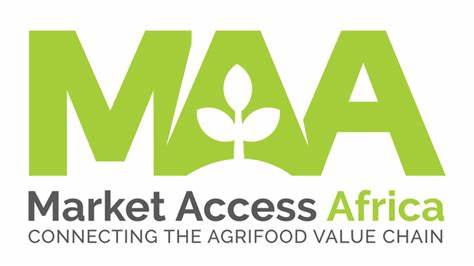
Market Access Africa, the global meeting place for buyers and sellers across the entire agrifood business value chain, is thrilled to announce the release of the 2021 Post event Report that brought together leaders in Agribusiness. The report will provide you with all the information you need about the 2021 edition of Market Access Africa, including but not limited to:
- Attendance statistics
- Top speakers from across the value chain
- Media coverage
- Online buzz
- Countries represented
- Sponsors
- Attendee feedback
Economic Development in Africa Report 2021

The United Nations Conference on Trade and Development (UNCTAD) has published its report on economic development in Africa for 2021.
The African Continental Free Trade Area (AfCFTA) could reduce COVID-19-induced growth contraction, poverty and inequality trends and spur sustainable and inclusive growth on the continent if stronger support measures targeting women, young traders and small businesses are implemented, according to UNCTAD’s Economic Development in Africa Report 2021 published on 8 December.
The report shows that trade policies alone are unlikely to support inclusive economic growth on the continent. Other measures needed to increase potential distributional gains from regional integration and help ensure inclusive development are cooperation in promoting investment and competition policies, accelerating financing of infrastructure that facilitates rural-urban linkages and providing equal access to socioeconomic opportunities and productive resources.
Easing Trade Bottlenecks in Landlocked Developing Countries

The World Trade Organization (WTO) published their report, "Easing Trade Bottlenecks in Landlocked Developing Countries".
A new WTO publication launched on 8 December highlights the high trade costs faced by landlocked developing countries (LLDCs) due to their isolation from the world’s largest markets. The report recommends ways to address these trade challenges so that LLDCs can increase their participation in international trade and accelerate their recovery from the COVID-19 pandemic.
“Easing Trade Bottlenecks in Landlocked Developing Countries” delves into the specific challenges that LLDCs face when trading internationally, including supply chain constraints, reliance on transit countries for imports and exports and the repercussions of the COVID-19 pandemic on LLDCs' economies.
The study finds that LLDCs' trade costs are 1.4 times higher than those of developing countries with a coastline. It also details LLDCs' vulnerability to climate change but notes the benefits that trade in services and e-commerce can bring to these countries.
Mapping successful financing strategies and models for MSMEs and informal sector enterprises - WAEMU

The United Nations Development Programme (UNDP) has published a report on mapping successful financing strategies and models for MSMEs and informal sector enterprises.
Micro, small and medium enterprises, including those from the large informal sector, are vital to the socioeconomic transformation of the eight countries of the West African Economic and Monetary Union (WAEMU) - Benin, Burkina, Côte d'Ivoire, Guinea-Bissau, Mali, Niger, Senegal and Togo. The industrial transformation, export competitiveness, value addition and local participation in the natural resource sector, the green economy, the digital economy, and the much-needed job creation, all depends largely upon a striving MSME sector.
Unlocking digital connectivity in Africa
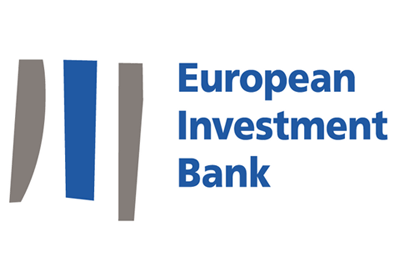
The European Investment Bank (EIB) has published a report on unlocking digital connectivity in Africa.
The coverage of rural areas is a challenge for operators, regulators and governments around the world - constrained by the lack of infrastructure (roads and electricity) and low foreseen profitability due to high costs, low scalability and limited affordability. The situation is even more complex in Africa for geographical, security and business model reasons.
Infrastructure and Structural Change in the Horn of Africa
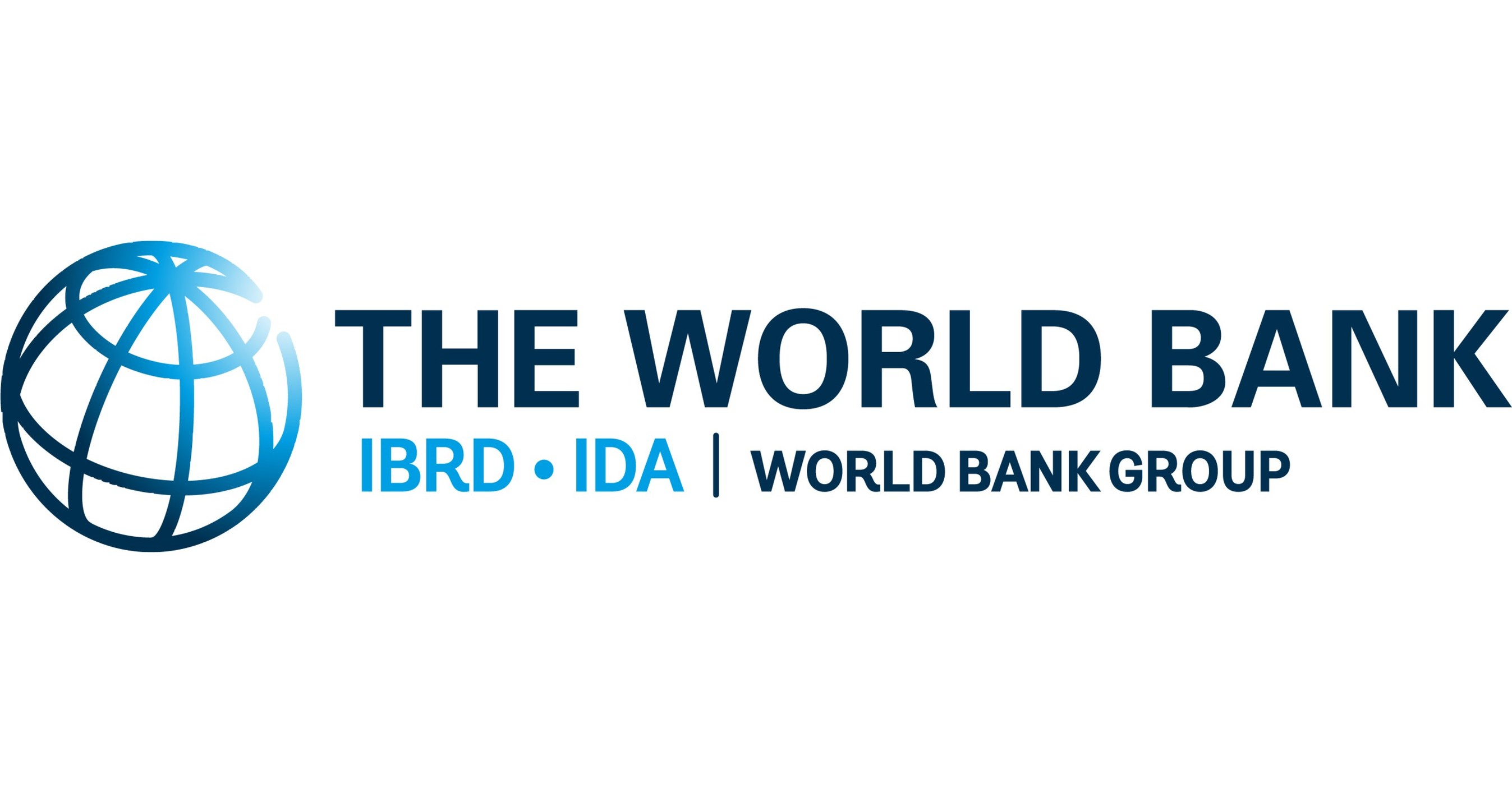
The World Bank publishes its report on infrastructure and structural change in the Horn of Africa.
Access to infrastructure supports economic development through both capital accumulation and structural transformation. This paper investigates the links between investments in electricity, Internet, and road infrastructure, in isolation and bundled, and economic development in the Horn of Africa, a region that includes countries with different levels of infrastructure and economic development. Using data on the expansion of the road, electricity, and Internet networks over the past two decades, it provides reduced-form estimates of the impacts of infrastructure investments on the sectoral composition of employment.
Europe's cross-border trade, human security and financial connections: A climate risk perspective
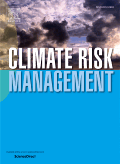
Climate Risk Management has published a report on Europe’s cross-border trade, human security and financial connections taking, focussing on the climate risk perspective.
As the impacts of climate change begin to take hold, increased attention is being paid to the consequences that might occur remotely from the location of the initial climatic impact, where impacts and responses are transmitted across one or more borders. As an economy that is highly connected to other regions and countries of the world, the European Union (EU) is potentially exposed to such cross-border impacts. Here, we undertake a macro-scale, risk-focused literature and data review to explore the potential impact transmission pathways between the EU and other world regions and countries. We do so across three distinct domains of interest - trade, human security and finance - which are part of complex socio-economic, political and cultural systems and may contribute to mediate or exacerbate risk exposure.
The Futures Report 2021: Which Value Chains for a Made in Africa Revolution

The United Nations Development Programme (UNDP) has published its Futures Report for 2021 discussing which value chains are necessary for a 'made in Africa revolution'.
As the world is developing strategies to recover from the COVID-19 pandemic, UNDP and the African Continental Free Trade Area (AfCFTA) Secretariat, an organ of the African Union, publish the 2021 Futures Report: "Which Value Chains for a Made in Africa Revolution".
The Report generates a first in time analysis of what is shaping up to be concrete opportunities in the AfCFTA. Applying a methodological assessment of the tariff and services offers that have been exchanged amongst AfCFTA State Parties, it identifies 10 Value Chains that constitute some of the areas in which investment decisions could be made - given the emerging contours of the One African Market. Value Chains identified include Automotives; Leather and Leather Products, Cocoa; Soya; Textiles and Apparel; Pharmaceuticals; Vaccine Manufacturing; Lithium - Ion Batteries; Mobile Financial Services; and Cultural and Creative Industries.
The role of the AfCFTA in promoting a resilient recovery in Africa
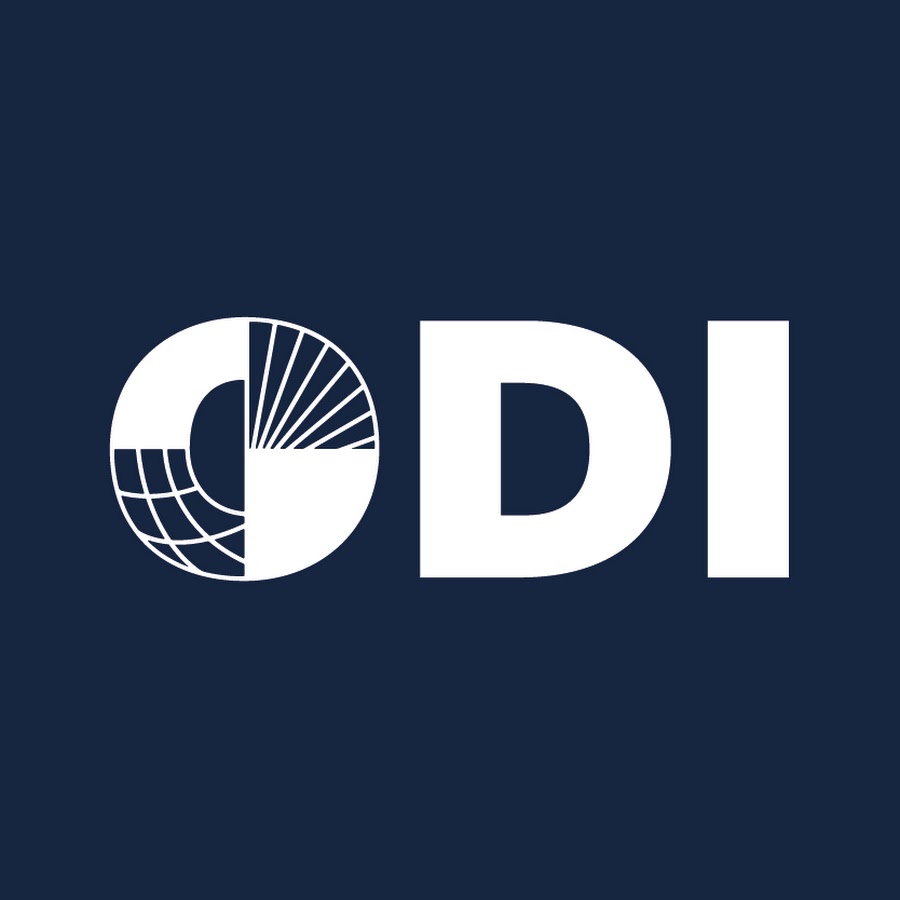
The Overseas Development Institute has published a report on the role of the AfCFTA in promoting a resilient recovery in Africa.
Over time the African Continental Free Trade Area (AfCFTA) is set to change Africa’s production and trade landscape. However, environmental and climate considerations have not featured prominently in its development.
Within this context, the African Union’s Green Recovery Action Plan (GRAP) identifies several priorities for cooperation in the coming five years to support a resilient and green economic recovery. This plan is articulated within Agenda 2063 of African Union (AU), which aims to transform the economies of Africa by increasing intra-continental trade and investment, where the AfCFTA constitutes the main instrument. The concurrent implementation of the GRAP and AfCFTA provides a pivotal opportunity to build resilient and green intra-continental trade and investment to support recovery objectives.




